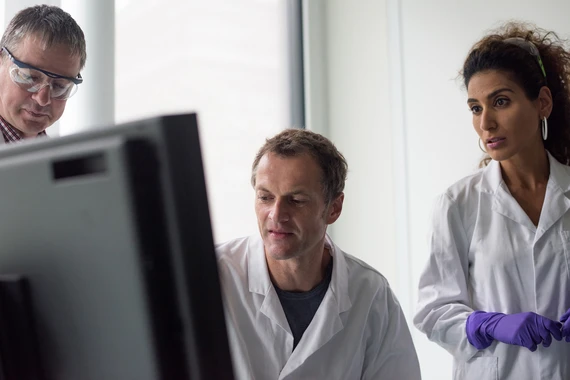Lung cancer is one of the most common cancers worldwide, accounting for more than 2 million new cases diagnosed each year1.
There are 2 main types of lung cancer—small cell lung cancer (SCLC) and non-small cell lung cancer (NSCLC)2. NSCLC accounts for approximately 85% of lung cancer diagnoses3. More people die of lung cancer every year than from any other cancer4.
Currently, the five-year survival rate for lung cancer remains at about 20%, decreasing further when the disease is diagnosed at later stages5.
Despite incredible advances in treatment over the past decade, overall survival remains low for people living with lung cancer. There is a need and an opportunity for new, effective, and safe modalities to continue to improve the outcomes for patients.
– Andrea Myers, Global Program Head at Novartis
Advances in Genetic Research
Advances in genetic research have revealed that NSCLC is not a single disease, but rather many types of cancer with specific genetic differences. Because of these small but important differences, lung cancer medicines that target specific genes, such as anaplastic lymphoma kinase (ALK), can be developed. About 2-7% of people with NSCLC have the ALK gene rearrangement.7
Reimaging medicine to treat ALK+ advanced non-small cell lung cancer (NSCLC)
Targeted medicine has changed the treatment of ALK+ NSCLC by blocking the action of the altered ALK gene to help shrink or slow cancer growth. However, studies have shown that patients may experience disease progression, where their cancer may continue to grow or spread, less than a year after starting treatment with their first ALK inhibitor.7 For patients with ALK+ NSCLC, the most common sites of disease progression (or metastasis) include brain, liver and bone. Brain metastases in particular can affect up to 50% of patients with ALK+ NSCLC.8 Today, there are targeted medicines available for patients who have experienced progression.

